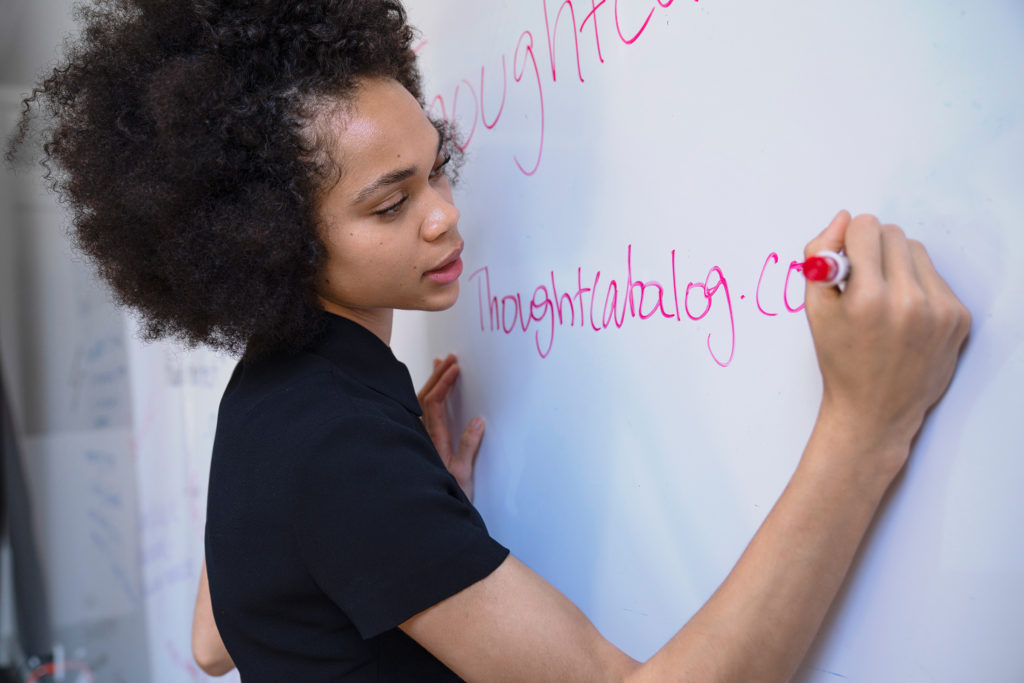Our Curriculum Approach
Since 1995, ACE Head Start has based its early childhood education program on the Reggio Emilia approach, as well as the Creative Classroom Curriculum. The Reggio philosophy is based on the following:
- A respectful image of each child having the potential to be competent and capable.
- The role of the teacher as co-researcher and co constructor in the learning process.
- The child’s role in creating knowledge via exploration.
- The importance of the school environment as a source of well-being and educational force.
- The use of a wide range of media and materials to foster self-expression, learning and communication.
- The inter-relationship of children, parents and teachers.
- The value of collaboration among all participants in an educational system.
- The relationship between school and community.
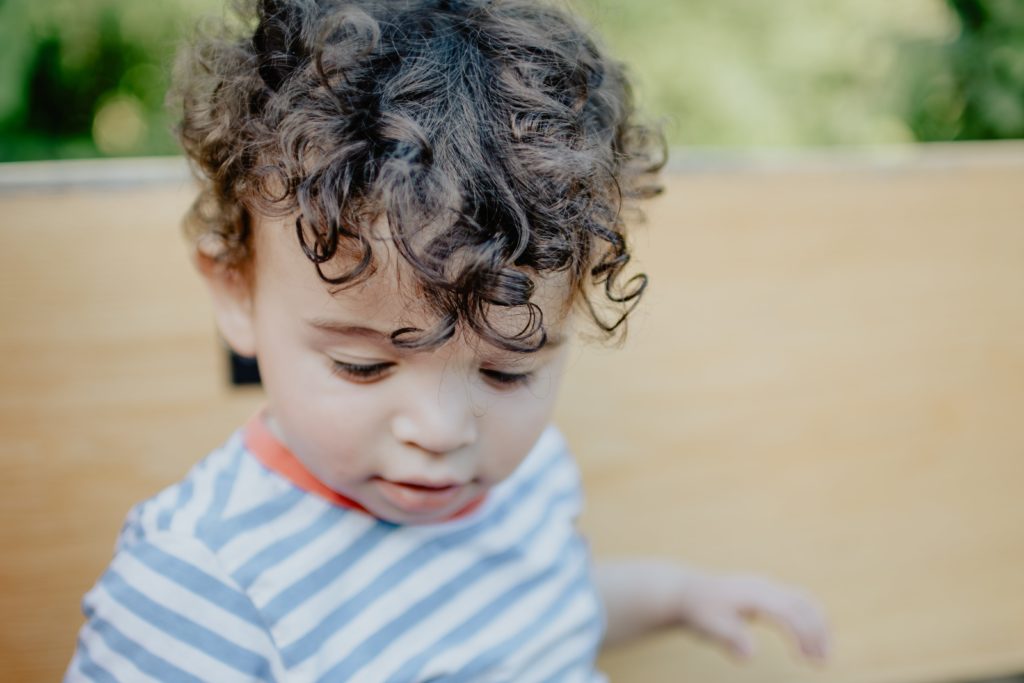
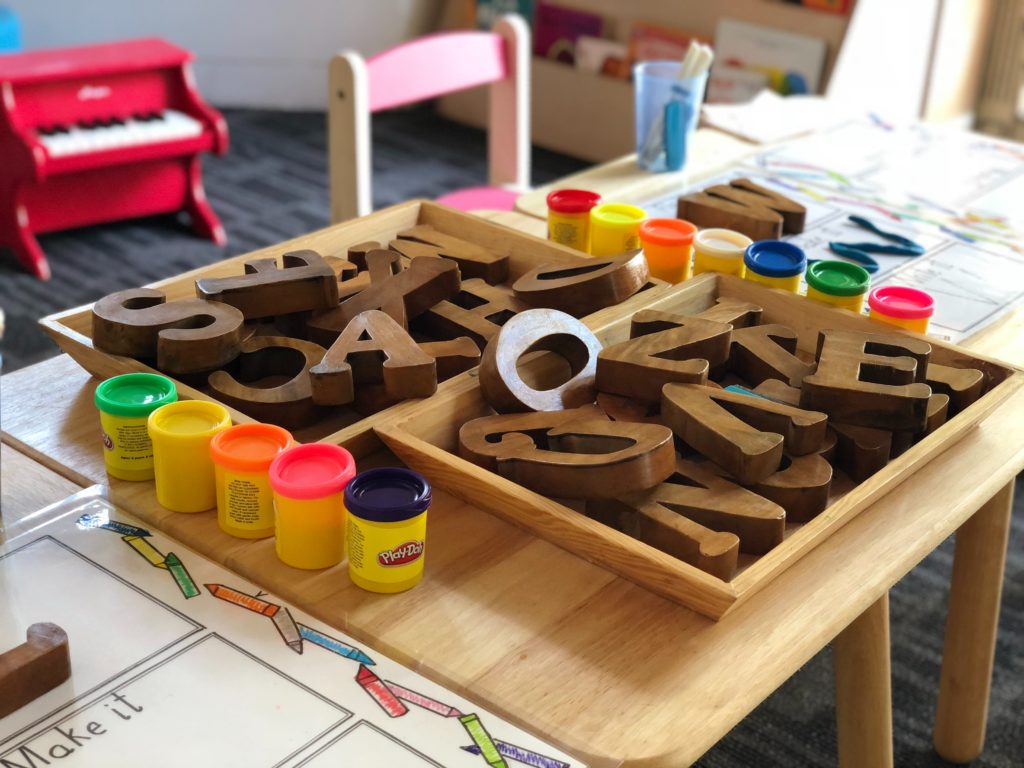
The underlying goal of the Creative Curriculum is to help children develop into enthusiastic learners. This approach encourages young students to be active, creative explorers who aren’t afraid to try new things and think for themselves. The curriculum guides teachers as they work to help children expand their horizons. Classes learn about creating and testing hypotheses, and they’re encouraged to develop the skills needed for using modern technology. Children gain a better understanding of how to explore the world and the people in it, all while using their creative thinking abilities.
The Creative Curriculum for Preschool guides our practices and reinforces the reasons we operate our program the way we do. The curriculum is based on these five fundamental principles:
- Establish a strong foundation for successful learning through positive interactions and relationships with adults.
- Social and emotional competence is a significant factor in academic success.
- Constructive, purposeful play supports learning on a fundamental level.
- The physical environment has a significant impact on the types and quality of learning interactions.
- Teacher-family partnerships promote learning and development.
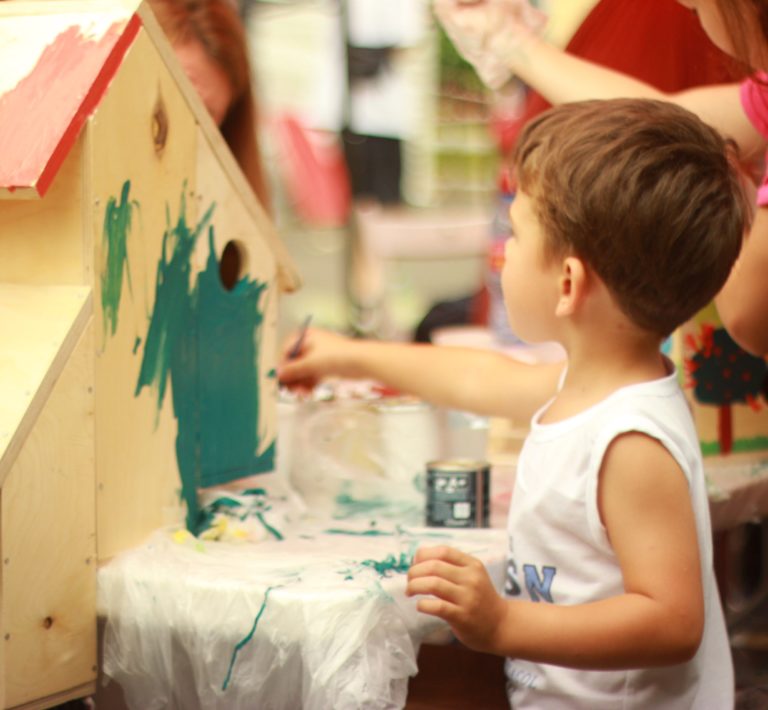
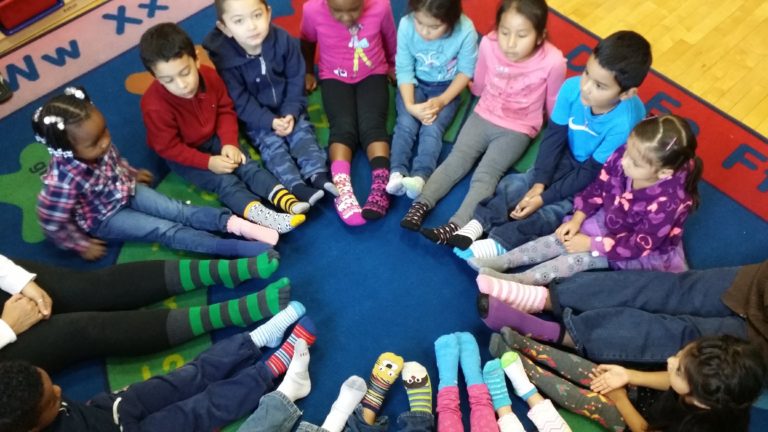
Our Philosophy- Reggio Emilia Approach
The Reggio Emilia philosophy details a certain approach to teaching, learning and advocacy for children. We here at ACE build on elements based on this method. In its most basic form, it is a way of observing what children know, what incites their curiosity and what challenges them. Teachers record these observations, which are then used to develop appropriate plans for helping children expand their potential, both academically and socially. Long-term projects are used to connect core academic areas, both inside and outside the classroom. The principles of the Reggio Emilia Approach are as follows:
Professional Development
The administration utilizes the Reggio Emilia approach in developing professional development activities for teachers. Also included are elements of the Head Start Outcomes framework, Pre-K Common Core Learning Standards and the NYC Citywide School Readiness Goals. Providing the staff with support, up-to-date resources and information helps ensure that enrolled children receive an education that meets the highest possible standards.
The framework is based on Head Start Performance Standards and is composed of eleven areas pertaining to learning and development. These domains include: Literacy, Math, Science, Language Development, Creative Arts, Social/Emotional Development, Approaches to Learning, Social Studies, Logic and Reasoning, Physical Health and Development, and English as a Second Language.
This framework aligns with our Reggio Emilia curriculum, which allows us to provide children with an early childhood education that can maximize their potential.
